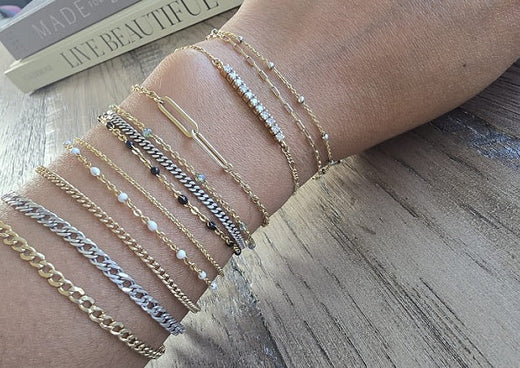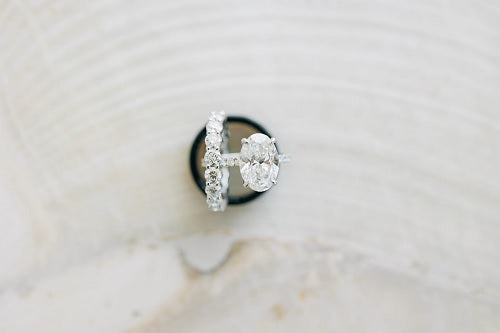How to Choose Hypoallergenic Earrings for Sensitive Ears
If your ears are sensitive, then it is very difficult to get a pair of earrings that will fit you just the way you like. All metals and alloys that go into jewelry can cause irritation, itching, or even an allergic reaction if your ears are sensitive. But then, if you are aware of the things and take care of the right kind, then you are free to wear earrings with absolutely no issue at all.

Understanding Sensitive Ears
Sensitive ears will probably respond to certain metals or materials. The response can be mild and take the form of itching, redness, swelling and soreness. Nickel is the most guilty but cobalt, chromium, and even gold and silver alloys are responsible too.
Key Factors to Consider
1. Material Matters
The metal of earrings is worth mentioning in how it reacts on your skin. Redness can be reduced with hypoallergenic products. Some of the best are as follows:
-
Titanium: Extended due to its biocompatibility, titanium is light and less irritating. It's a wonderful choice for sensitive ears.
-
Surgical-Grade Stainless Steel: A durable, tarnish-resistant metal that's usually fine for sensitive skin. Ensure it's nickel-free so reactions don't happen.
-
14K or Higher Gold: Pure gold, especially 14K or better, contains extremely minute amounts of nickel and is less likely to be irritating. Avoid gold-plated or gold-filled items since these may include alloys that lead to sensitivities.
-
Platinum: Hypoallergenic, tarnish-proof metal that works wonderfully with sensitive ears.
-
Niobium: Delightfully unusual metal that is very corrosion-resistant and safe to wear for those allergic to metals.
2. Design Considerations
Even the design of the earring can be helpful with comfort:
- Flat-Back Studs: Ideal for sensitive ears, these place less strain on the earlobe and reduce irritation potential.
- Lightweight Options: Bulky earrings strain the earlobe and sensitise it to pain. Opt for lightweight styles for comfort.
- Smooth Edges: Smooth, polished edge earrings won't chafe or scratch as readily.
3. Coatings and Plating
Some earrings are plated or chemically coated to be colorful or shiny. Be careful with them, since over time the coating erodes and the underlying base metal is exposed:
- Rhodium-Plated: Rhodium plating can make it look shiny and also more protective. Only be sure that the base metal is hypoallergenic.
- Gold-Plated: Gold plating wears off, exposing the base metal. If the base metal is not hypoallergenic, it could cause reactions.
- Enamel Coatings: High-quality enamel coatings can add color and design without sacrificing skin safety. Make sure the enamel is over a hypoallergenic base.
4. Nickel-Free Labeling
Always look for earrings that are labeled as "nickel-free" or "hypoallergenic." Just remember to always keep in mind that "hypoallergenic" is an unregulated term, so keep in mind what type of stuff is actually used. Nickel-free isn't always best for everyone because some people have allergic reactions to other metals.
Tips for Testing New Earrings
- Patch Test: Rather than wearing new earrings for hours at a time, try them out for a couple of hours and see if there is any irritation or not.
- Cleanliness: Only wear earrings after they have been washed. Grime and oils are capable of making skin more sensitive.
- Consult a Dermatologist: If you are not sure about a material or metal, consult a dermatologist regarding what it's alright for your skin.
Final Thoughts
Choosing earrings for sensitive ears involves taking into account the material, design, and plating or coating. Choosing hypoallergenic metals like titanium, surgical stainless steel, or 14K gold, and prioritizing design aspects that minimize irritation, can enable you to wear earrings comfortably.
Here at Eternal Permanent Jewelry, we know how much importance there is in both style and comfort. We took a special attention to selecting our collection of hypoallergenic earrings keeping in mind your delicate ears.
👉 Browse our earrings collection and discover the perfect pair for your sensitive ears.











Leave a comment